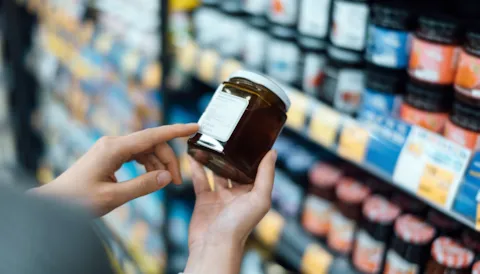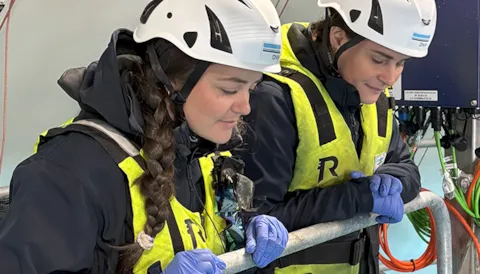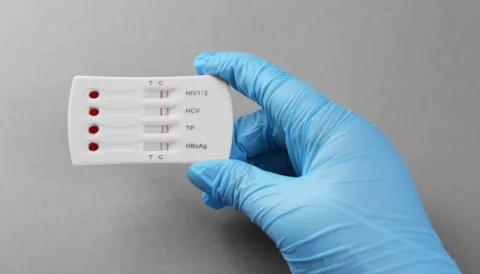Italy’s food & beverage industry: the urgent need for an integrated digital approach
The Italian agri-food industry is worth as much as 15% of national GDP. It is a highly strategic sector for the country, with a turnover that involves 740,000 farm companies, over 330,000 catering companies, 70,000 food industries, and four million workers. In 2021, the total value of Italian food and drink exports reached 52 billion euros.
By Michele Munaretti, Supply Chain Manager, Italy, and Stefano Santamato, Consumer Goods & Retail Leader, Central & Southern.
The economic importance of the Italian agri-food industry lies in its ability to transform raw materials into products renowned for their quality; ‘made in Italy’ products are associated with an intrinsic value linked to the high quality of raw materials and processed products, as well as attention to seasonality, artisanship, and wholesomeness. These are all characteristics that today's consumers are looking for.
Production, distribution and consumption within the food and beverage (F&B) sector are experiencing major shifts. New stringent environmental, social and governance (ESG) regulations, and changes in both consumer behavior and preferences, are two of the main drivers of this transformation. Setting up a fully integrated digital approach in companies’ business strategies to assist with these changes is paramount.
Sustainable food systems
Current production and consumption patterns, especially in the agri-food sector, need to work towards a sustainable global food system. Circular business models are at the centre of the F&B agenda, and digital traceability is the lever of this transformation. To fight greenwashing, establish alignment with ESG regulations, and to prove green claims, the F&B sector is increasing investments into end-2-end supply chain traceability.
For sure, compliance with new ESG-related regulations and decarbonization and energy consumption are green-related trends, where F&B companies are committed to responsible sourcing and sustainable procurement. But today’s consumers’ focus on product transparency is another increasing trend. Storytelling about the product, rather than just the brand, is becoming a must for consumers. Finally, digitalization for improving industry processes is the third trend which is lies in the core of the three previous ones.
Sustainable procurement, supply chain strategy and digital supply chain management are areas which are growing in Italy, stakeholders being increasingly concerned both with food safety and consumers’ need for more transparency and traceability.
Digital traceability relating to sustainable food systems
Digital traceability is the key when we talk about sustainability; green, quality or origin claims can be approved if the data provided have been through a digital traceability process. At DNV we can provide innovative methods and tools for authenticity, quality, sustainability and traceability of agri- food supply chains; some F&B stakeholders are looking for methods and tools for measuring sustainability (data and KPIs), or need to set up an integrated business planning, including risk management; others go for supply chain modelling/digital twin or for scenario planning, which can be used as a DSS, at strategy, tactical or operational level; finally, anti-counterfeiting or made-in safety issues are also F&B stakeholders concerns we can solve.
DNV has the technology and expertise to conduct assessment of the entire supply chain process. In the wine sector for example, DNV was an early mover to propose a digital product passport. Acting also as a third-party, we perform audits to verify data included in the passport.
Human rights and social compliance
As the ‘S’ in ESG global or large companies have been already working on human rights and corporate social responsibility for many years. Now they are looking for data collection guidance, digitalization tools or need to check compliance between their initiatives and new regulations. But we also support small and medium companies to help them understand new regulations and we have helped set up blockchain technology pilot projects with some businesses.
How can DNV help you?
DNV’s portfolio of services and expertise spans from working on second party audits – both SMETA and food safety – inspection and verification, to providing critical overviews of internal policy. Our client portfolio includes various company profiles across Italy and globally.
Get in touch here to see how we can support your business goals.
10/17/2023 12:00:00 AM






